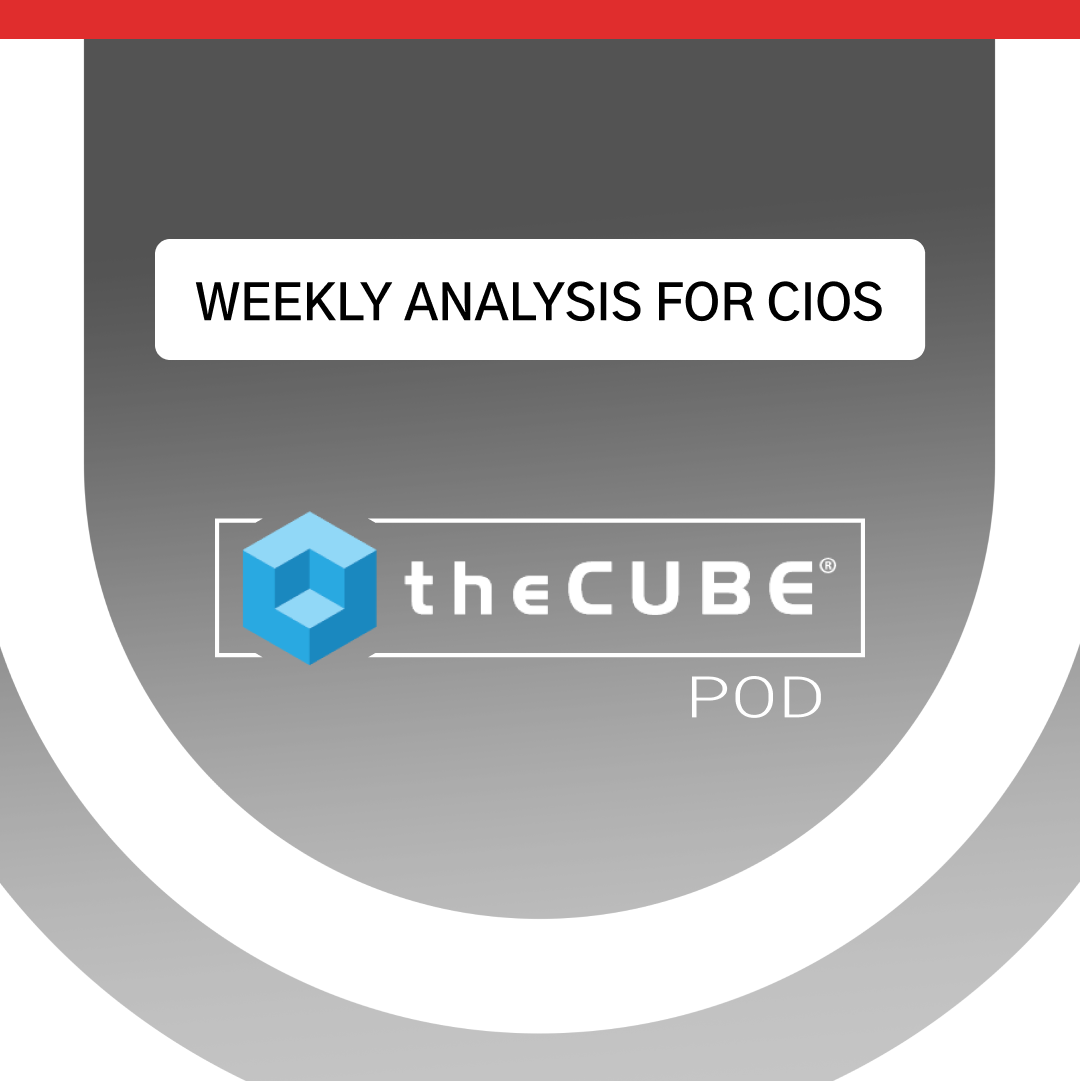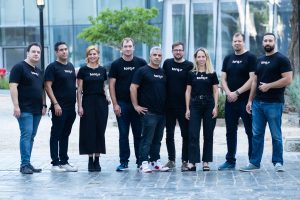Google+: From Fridge to PittPatt, Talent & Tech Buys are Key
![]() Last week Google+ announced its acquisition of Fridge, a social network, for an undisclosed amount. The acquisition is said to help in making Google+ more symmetric. And now, they’ve just announced another acquisition.
Last week Google+ announced its acquisition of Fridge, a social network, for an undisclosed amount. The acquisition is said to help in making Google+ more symmetric. And now, they’ve just announced another acquisition.
PittPatt, or Pittsburgh Pattern Recognition, a facial recognition software company, has been acquired by Google. The acquisition is likely a technology buy to be applied to Google Apps, including Google+ and YouTube, as well as Images. Mobile is probably an important area of integration as well, as this is another area Google’s spent resources on image recognition technology and use cases.
PittPatt posted on their site that “joining Google is the next thrilling step in a journey that began with research at Carnegie Mellon University’s Robotics Institute in the 1990s and continued with the launching of Pittsburgh Pattern Recognition (PittPatt) in 2004.
“We’ve worked hard to advance the research and technology in many important ways and have seen our technology come to life in some very interesting products. At Google, computer vision technology is already at the core of many existing products (such as Image Search, YouTube, Picasa, and Goggles), so it’s a natural fit to join Google and bring the benefits of our research and technology to a wider audience. We will continue to tap the potential of computer vision in applications that range from simple photo organization to complex video and mobile applications.
But the facial recognition has already raised security and privacy issues when applied to large scale social networks, like when Facebook launched their facial recognition in their Photos app. The feature, which Facebook users thought was helping them tag their friend in photos, was being used by Facebook to create an online image profile database to automate online identification. This concerned users, as the facial recognition, when rolled-out, was set by default to all Facebook users (a tactic often used for new Facebook product roll outs). Facebook fights their detractors by saying that no user has reported any issues with the facial recognition, and they are actually enjoying it. But many users aren’t aware that they’re using the facial recognition to create a database.
![]() As for PittPatt on Google, the facial recognition will reportedly be used for “practical applications” of the technology, including measuring the effectiveness of digital signage, advertising, kiosks and narrowcasting, customer traffic flow, or gathering insight into customer behavior and shopping patterns. In some ways it can even aid in security-related matters, such as being able to send alerts when the PittPatt software detects a face that isn’t in its database (Big Brother, anyone?).
As for PittPatt on Google, the facial recognition will reportedly be used for “practical applications” of the technology, including measuring the effectiveness of digital signage, advertising, kiosks and narrowcasting, customer traffic flow, or gathering insight into customer behavior and shopping patterns. In some ways it can even aid in security-related matters, such as being able to send alerts when the PittPatt software detects a face that isn’t in its database (Big Brother, anyone?).
Google seems to be moving into talent and technology acquisitions, purchasing companies that will enhance their features and services to make them more competitive in the market. The convergence of these companies will create an awesome output, but sometimes, too much talent rolled into one can also lead to a disaster. Google hasn’t flourished with all its talent buys, but it does signal to the market that something bigger is going on here. Active participation from the big boys is highly encouraging of an innovative startup market.
As for Google’s fast-rising social network, Google+ continues to modify and update according to profile types, private interactions and marketing potential. Google+ is still being strict with user names; they want users to create profiles using their real and legitimate names. There’s really nothing wrong with that, but some people are thinking that Google is becoming a hindrance to their freedom to express. Some people express themselves with the names they use on social networks, so this move can lead to members leaving the network. Google’s also appealing to business users with the inclusion of analytics for the upcoming business profiles, building in the tools they’ll need to run certain types of campaigns within the Google+ network.
A message from John Furrier, co-founder of SiliconANGLE:
Your vote of support is important to us and it helps us keep the content FREE.
One click below supports our mission to provide free, deep, and relevant content.
Join our community on YouTube
Join the community that includes more than 15,000 #CubeAlumni experts, including Amazon.com CEO Andy Jassy, Dell Technologies founder and CEO Michael Dell, Intel CEO Pat Gelsinger, and many more luminaries and experts.
THANK YOU













